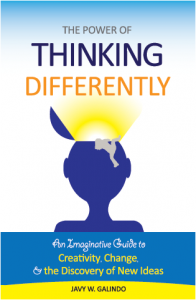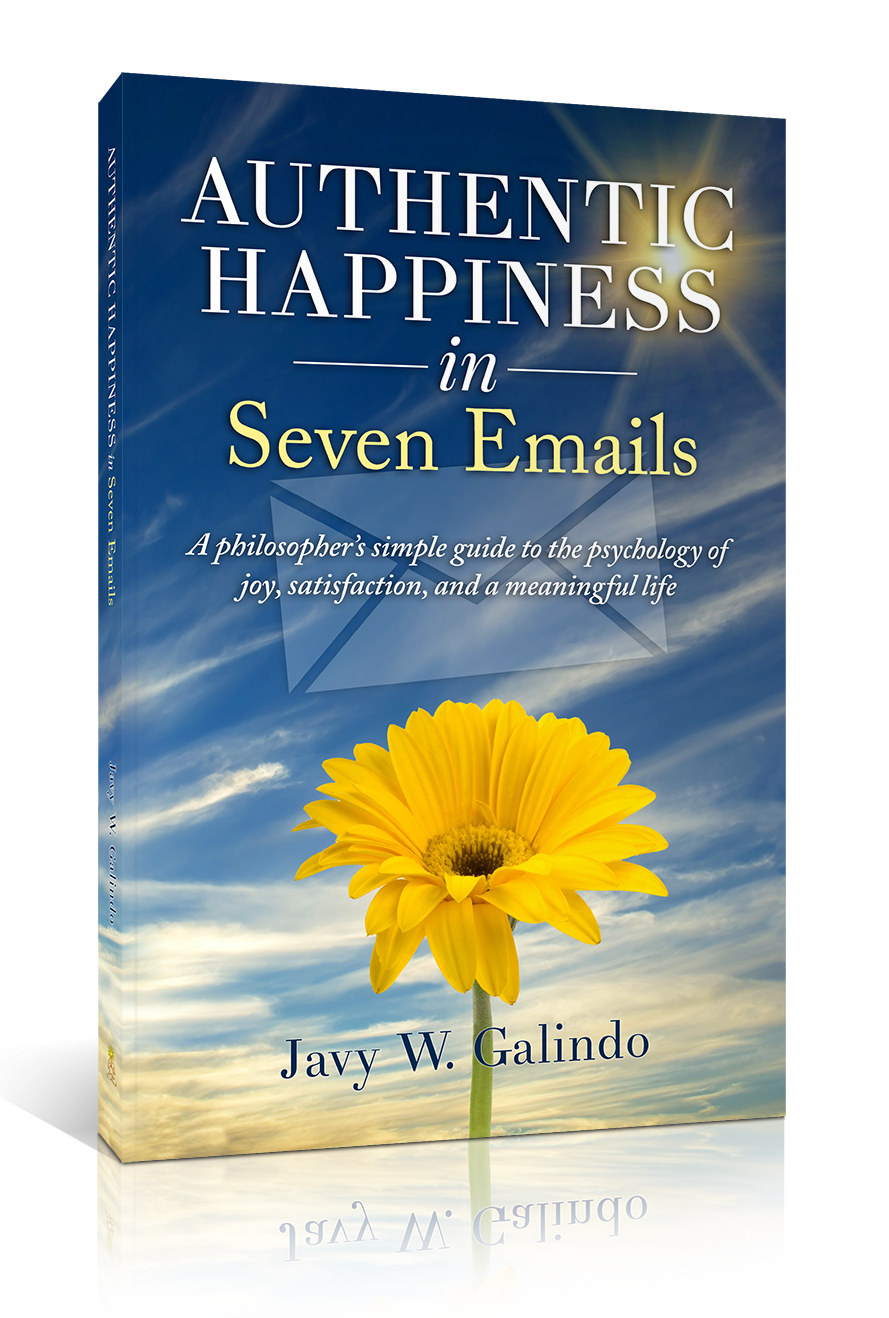What if I told you there was a free and simple way to make people less stressed, more giving, and more compassionate?
The world is full of those who suffer unnecessarily: those who go hungry, who lack access to clean water and basic medical supplies, who are bullied for no reason, or who are born into environments filled with senseless violence. If there was an easy way to make people more compassionate, shouldn’t we encourage it?
But as we head towards Valentine’s Day, what if I told you that this “easy way” was related to romantic love?
Many are cynical about romantic love, especially in light of what Valentine’s Day has evolved to represent. It has become more synonymous with the commercialization of love rather than love itself. It has become a source of unnecessary feelings of inadequacy for those not involved in romantic relationships, those lacking ingenious ideas to express their love, or those who simply have no plans for one particular night out of 365.
A common response is to then ignore or even despise February 14th. Some have taken it a step further and developed a cynicism for intimate relationships in general.
But there is evidence to suggest that not only are we meant to be relational beings, but that romantic relations may make us more compassionate beings.
Maybe a re-visioning of Valentine’s Day is in order.
Humans as Relational Beings
One major difference between mammals (us) and fish and reptiles is that we form strong social bonds. Some creatures lay eggs, but never see them hatch and grow. We, on the other hand, develop relationships with our offspring and create families. This often entails establishing intimate relationships with our mates.
Recent studies also show that we have brain cells that are dedicated to mirroring the internal experiences of others. Have you ever winced at the sight of somebody else’s pain? Have you ever felt your nose itch only after seeing someone else scratch theirs first? The explanation may have something to do with so-called “mirror neurons”, brain cells that activate as if we were going through an experience ourselves, though we are only watching it occur to another.
Establishing strong social bonds dramatically improved our chances for survival as a species, so it would make sense that we seem to have a brain built to be relational.
Compassion and The Brain’s Love Potion
Additionally, some will say it’s obvious we are meant to be in relationships because our brain produces pleasure chemicals like dopamine when we fall in love. But the real champion for romance may be the hormone popularly known as the body’s inherent love potion.
The hormone is called oxytocin.
Oxytocin is naturally produced in both men and women. It is greatly produced in women around the time of childbirth, particularly the nursing period. So, among other things, it seems to play a critical role in encouraging mothers to form strong bonds with their children.
It’s no wonder then that increased levels of oxytocin appears to be correlated with reduced levels of stress and greater feelings of compassion and gratitude. Neuroeconomics researcher Paul Zak has performed studies also showing that people with higher levels of oxytocin were more likely to trust strangers and give to charity.
The more oxytocin we have in our system, the more we care about others.
In his studies, Zak used a nasal inhaler to boost oxytocin levels. But there are more natural and enjoyable methods of increasing our body’s production of it.
And here’s where romance comes in to play.
It turns out that we naturally produce oxytocin through intimate physical contact with another. We produce it when we dance with another. We produce it when we cuddle with another. We produce it when we orgasm.
We can even produce it when we imagine these experiences.
So (say the proponents of the love potion panacea) romance must be the key to a better world! A cry that I’m sure greeting cards, chocolatiers, florists, and jewelers can rally around.
Redefining Valentine’s Day
But before you become an evangelist for the power of romance, before you implore your partner to partake in a fancy Valentine’s night for the sake of world peace, let’s take a closer look at our inherent love potion.
None of the methods of stimulating oxytocin production I mentioned are necessarily romantic in nature (with the possible exception of orgasms–though that may depend on your definition of romance).
Intimate physical contact can occur when hugging our aunts or when embracing a teammate. We can dance with a friend or as part of a group celebration. We can cuddle with a parent, child, or a pet.
Maybe even more importantly are studies that show the limits of oxytocin’s effects. In one 2011 study out of Amsterdam, higher oxytocin levels did correlate with greater feelings of closeness with others. However, it also correlated with an increased likelihood of discriminating against others who are superficially different than us. Another study showed that oxytocin increased our propensity to lie…if the lie seemed to benefit “one’s own group”.
It appears that oxytocin plays an important role in maintaining strong social bonds, but particularly bonds within the group that we consider ourselves a part of. Oxytocin seems to help us develop compassion, but especially for those who we categorize as one of “us.”
What does this mean?
Perhaps it means that this Valentine’s Day we can best celebrate love itself, not by focusing solely on romance, but by expanding our sense of “us.” In addition to hugging and dancing with our romantic partners, maybe we should practice doing the same with those who have a different color skin, speak a different language, partake in foreign customs, and have names that we cannot easily pronounce.
Rather than spend time stressing about the perfect gift, maybe we should spend time experiencing new cultures and realizing that humans share many more similarities than differences.
Perhaps this re-visioning of Valentine’s Day may be one worth participating in.
Warm regards,
Javy
p.s. If you found this article useful, feel free to share it with others.
Picture courtesy of Cesar Poyatos via Flicker




